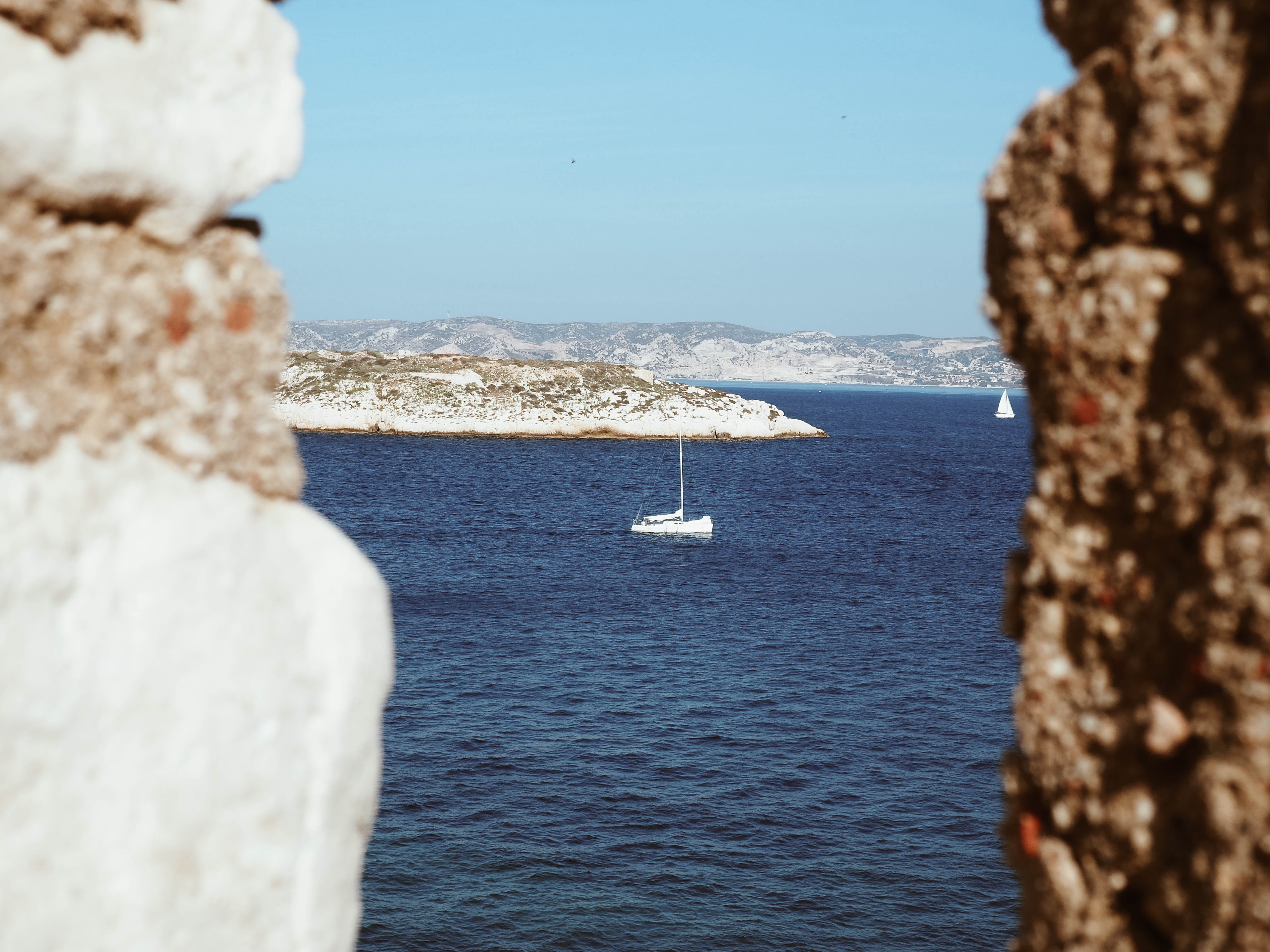
Boating Tips for Year-Round Boaters
NAVIGATION
Watch for ice, both on the deck and in the water. Be very cautious when walking on docks. An unsalted walkway is an accident waiting to happen. Additionally, if there is ice in the water, we advise against boating. If no ice is present, it’s still important to navigate with caution through the water. Back off the throttle and be conscientious when steering. To avoid incoming waves and wind sprays, keep the hull higher on the side with wind.
---------------
SAFETY
Wear your lifejacket! Make sure it fits properly, works properly, and is Coast Guard-approved. Wear it even if you consider yourself a strong swimmer. If anything were to happen, it’s much safer to find yourself wearing a life jacket than frantically searching for a stowed one. This is especially important in cold water when your swimming abilities may not be as fluid as usual.
Make a float plan for every outing. Tell a family member or friend where you are going and how long you’ll be out. This way, if you do not return when expected, someone on shore can help rescuers find you.
Have a working VHF-marine radio and handheld GPS on board at all times. This will allow you to easily call for help; cell phones do not always have service out on the water. When boating in the winter, not many boaters will be out there with you. This extra preparation will give you peace-of-mind. Channel 16 on the VHR radio is constantly being monitored by the Coast Guard.
---------------
PREPARATION
The Coast Guard recommends dressing for the water, not the air. Even if it’s a warmer day, the water temperature could be near freezing. Dress in protective gear that will help keep you warm in a worst-case-scenario situation. We recommend layering, with an outer layer that will shield you from the wind and water. Most importantly, protect your head. Wear a cloth hat or ski mask to help insulate your head, face, and ears. Thick socks and gloves are also a must.
Create a fuel plan before every outing. Fewer fuel docks will be open in the winter. Fill the tank up completely before heading out on the water. Do not assume you can fill up on the way. Figure out which fueling docks will be open and their hours of operation.
Keep the batteries charged. Remember that they will drain much faster in cold weather. You can prepare for this by leaving the battery on a trickle charge. You should also check for water leaks periodically. Leaks from freezing water can expand and cause damage to systems.



